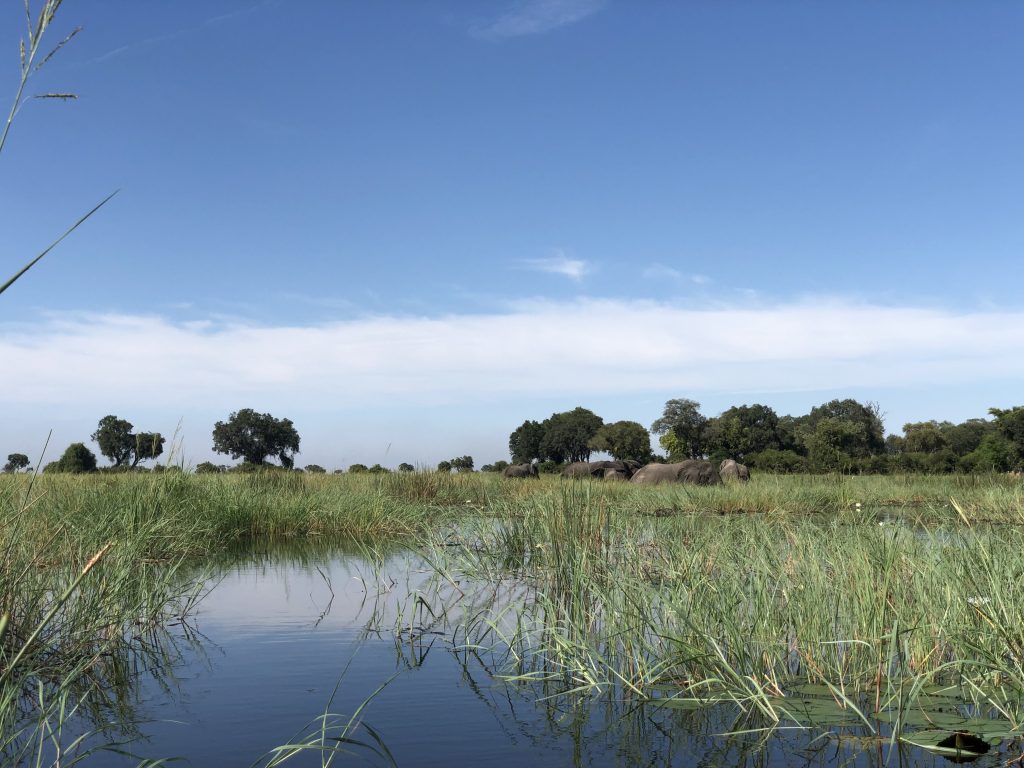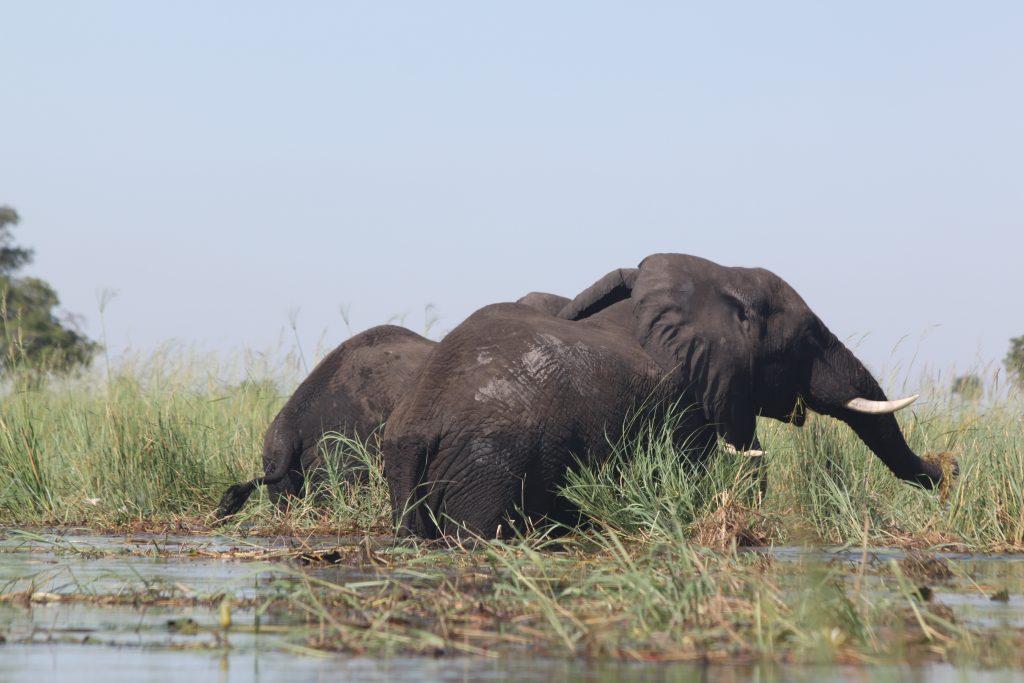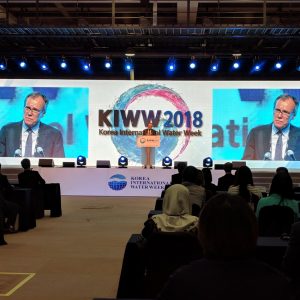
Callum Clench, IWRA Executive Director
As you will see from this issue of IWRA Update, it has been a busy year for IWRA’s Executive Office and Board so far. And as there are only 10 months until the XVII World Water Congress in Daegu, South Korea, we will be kept on our toes for the second half of the year too. Of course, it is exciting to see such enthusiasm from our new Board as we strive to create a new strategy, not just for the next one or three years, but also for the decade ahead.
Since the last newsletter I have had the privilege to visit a number of countries in Africa for both personal and work reasons. This includes South Africa, Namibia, Botswana, Zimbabwe, Zambia and Senegal. It is hard for anyone travelling in this great and diverse continent to not see and indeed experience first-hand a huge variety of issues relating to water resource management.
While the Western Cape in South Africa is now officially out of its drought, local people remain very attentive to their water use. However, there are still fears that Cape Town will again face a crisis again at some point in the near future without major changes to how water is managed there. Meanwhile in other parts of South Africa there have been devastating floods, further confusing the issues.
In contrast however, in neighbouring Namibia, the country is now officially in its second state of emergency in three years due to drought, with around half a million people at risk of therefore running out of food. The usual floods that fill the Okavango Delta in Botswana with water from the highlands in south-eastern Angola are much less than usual – impacting wildlife, local communities and tourism in this amazing natural wonder on the continent. The country has also declared a drought. Furthermore, the Kariba Dam on the Zambezi River is currently only 29% full, putting at risk power supply in Zimbabwe and Zambia While in Mozambique there have been two devastating cyclones (Kenneth and Idai) this year, devastating many communities through storm and flood damage.
From these few recent examples it is easy to see that we cannot generalise about water issues when it comes to Africa, even in the same region of the continent. But perhaps what we can say is that the impacts of climate change, population growth and urbanisation are all making themselves felt everywhere.
For the next two years at least the international water community will increase its focus on Africa, as preparations are now underway for the 9th World Water Forum planned to take place in Senegal in 2021. IWRA has signed an MoU with the Senegalese organisers of the Forum and the World Water Council to work together to develop proposed solutions for presentation at the Forum, addressing in particular water security and water quality. We will leverage the hard work going into our own XVII World Water Congress, as well as the collaborative projects we are undertaking with other organisations, such as on the UNESCO i-WSSM case study series on water security, to bring and share knowledge and expertise from our own membership to bear on these issues.
The different challenges faced in different parts of Africa are not unique to this continent. All over the world global changes are placing ever increasing demands on less certain water resources. But seeing the urgency of the issues facing many parts of Africa reminds me that we must continue to work together to ensure that water resource management is continually improved.





